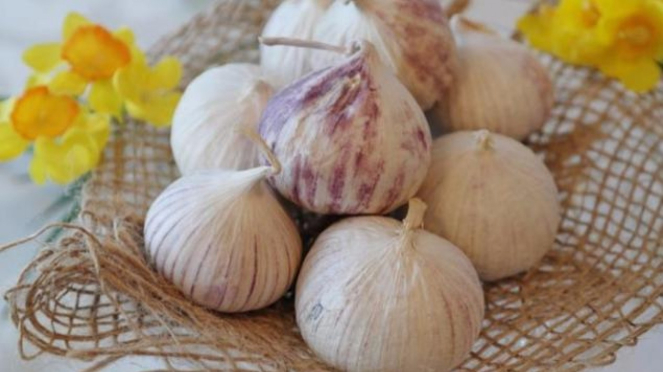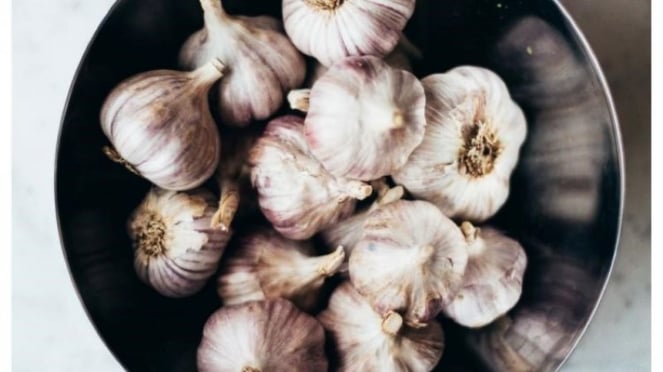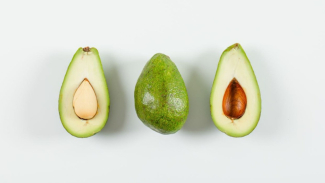Ministry Urges Local Garlic Production by Mandatory Planting
- VIVA/Umi Kalsum
Jakarta – The Agriculture Ministry encouraged an increase in national garlic production through the realization of a mandatory planting and production commitment of 5 percent by business actors (importers) from each Horticultural Product Import Recommendation (RIPH).
Garlic is one of the strategic commodities needed by the community as a daily kitchen seasoning. Currently, almost the entire fulfillment of garlic comes from the import policy.
"Since the implementation of mandatory planting in 2017, garlic production has been able to contribute an average of 39.8 percent of total national production. According to BPS data in 2022, the contribution of business actors was recorded at 16,492 tons of the total national production of 30,582 tons," said the Director General of Horticulture at the Ministry of Agriculture, Prihasto Setyanto in a statement on Thursday.
Ilustrasi bawang putih tunggal
- vstory
Setyanto said that the planting commitment of business actors has been going well so far, especially for those who have obtained RIPH by the provisions and mandates of the Minister of Agriculture Regulation (MOA) No. 46 of 2019, where importers are required to produce at least 6 tons per hectare.
"We encourage business actors to carry out mandatory planting and production by applying good cultivation (GAP). The main components are seeds, fertilizers, and other supporting production facilities," he said.
Setyanto added that his office has also created a Mandatory Planting Information and Production System application (SIAP RIPH) which contains the minimum average volume of partner farmers according to the Garlic Farming Business Analysis.
"The Directorate General of Horticulture will continue to ensure the implementation of planting and production commitments can be fulfilled through planting and production verification activities," he said.
He also informed: "There are several garlic production centers in Temanggung, Wonosobo, Magelang, Karanganyar, Tegal, East Lombok, Malang, Kerinci, and various other garlic centers."
Bawang Putih
- Pinkvilla
One of the garlic activists from Temanggung, Siswanto sttaed that there are many benefits from the mandatory planting program. One is to increase the economy of scale because the domestic demand for garlic is very high.
"We have partnered with businesses to produce at least 6 tons per hectare. Farmers get the money to grow crops, businesses can also fulfill mandatory planting and production. What is certain is that everyone benefits," he said.
As information, MOA No. 39/2019 on RIPH requires business actors to have RIPH before importing garlic.
Submission of import recommendations has been done online since 2017 on the Ministry of Agriculture's RIPH portal.





























